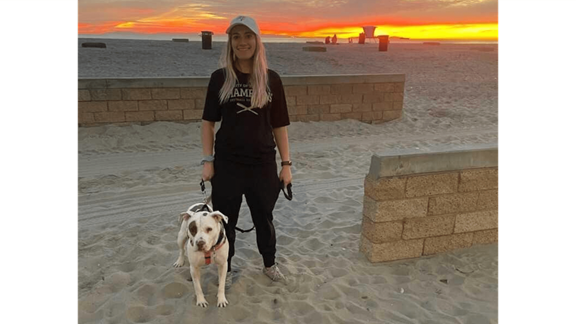AsKinQuestions to Ashley Varner, Analytics Manager

Our name is intentional. “Kin” refers to family and “Carta” refers to maps. When together, we’re Kin + Carta — a group of connected makers, builders and creators, who come together everyday to help our clients build experiences and plot a clear path forward in today’s digital world. Carta is what we do, Kin is who we are.
AsKin Questions is a series that brings the day-to-day experiences of working at Kin + Carta to light, all through the eyes of our Kin. And today, it’s Ashley Varner, Analytics Manager, who we asked some questions to.
